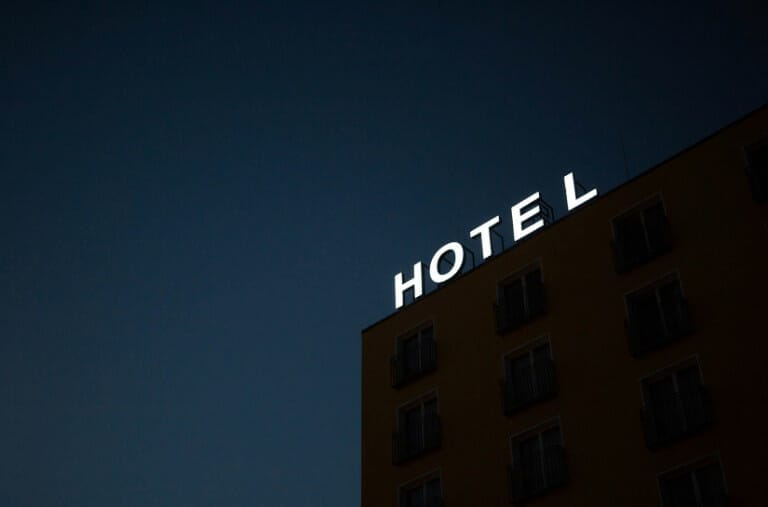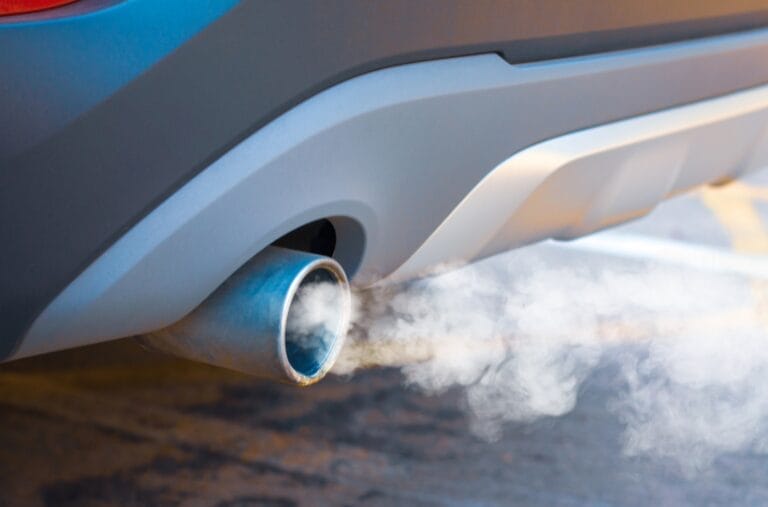In response to the news that the government would be enforcing a mandatory hotel quarantine policy, we are preparing to launch a legal challenge to stand up for the human rights of those entering the UK.
We believe that the hotel quarantine policy is unlawful in a number of different respects and should therefore be subject to judicial review.
Tom Goodhead, Global Managing Partner, said: “We wholeheartedly appreciate the seriousness of the pandemic, its impact globally, and the efforts of governments and healthcare workers to tackle it.
“This does not, however, mean that policies which constitute extraordinary violations of traditional liberties and human rights should not face careful judicial examination.
“It is time for lawyers to take a stand and ensure that the government, which has shown scant regard for parliamentary scrutiny of Covid-19 legislation and regulations, is held to account.
Hotel quarantine policy
The measures will see all British, Irish, or third country nationals, with residence rights in the UK, who have been in or passed through a country on the UK’s travel ban ‘red list’ in the previous 10 days, forced to adhere to a 10-day managed hotel quarantine. In Scotland, it will apply to all arrivals.
Countries on the list include Brazil, Portugal, South Africa, and Chile, among many others.
Article 5 of the European Convention on Human Rights (ECHR) states that everyone has the right to liberty and security of the person, save for very specific circumstances. Such circumstances include “the lawful detention of persons for the prevention of the spreading of infectious diseases”.
We consider that the enforced quarantine of people without knowing whether they have COVID-19, and are thus infectious, could potentially constitute a breach of Article 5 and should be subject to judicial review.
Judicial review
We are campaigning via CrowdJustice in order to raise Barristers’ fees via our dedicated page.
The firm has instructed two of the country’s pre–eminent public law barristers, including Tom Hickman QC, who was instructed by British Airways, easyJet, and Ryanair in a challenge to the proposed 14-day quarantine regulations in 2020.
“The imposition of preventative detention feels like something out of Minority Report. Why should it be presumed that law abiding British citizens and residents would not adhere to home quarantine? The government has given no indication as to when this policy may end, nor has it provided cogent scientific explanations for it”, Tom said.
“Whilst it is open to the government to argue that there are exceptions to the ECHR and under English law which allow for deprivations of liberty to prevent the spread of infectious disease, we believe that these measures are disproportionate and cannot reasonably fall within the scope of the provisions.”
Penalty fines
The government’s hotel quarantine policy will be imposed at a cost of £1,750 per traveller, payable by the traveller upon arrival, covering the hotel confinement itself, transport, security and testing.
Significant fines will be levied against travellers found to not comply, including a £1,000 penalty for arrivals who fail to take a mandatory test and a £2,000 penalty for any international arrival who fails to take the second mandatory test.
Guidance issued on 11 February suggests that travellers with no ‘quarantine package’ booked prior to arrival will be fined up to £4,000.
Tom continued: “Detention should be the last resort, not the first. As things stand, inbound travellers would be detained even if they have repeatedly tested negative for Covid-19, if they have already been vaccinated, if they have been previously infected and regardless of their reasons for travel.
Arrivals who fail to quarantine in a designated hotel could also be liable for a £5,000 fixed penalty notice – rising to £10,000 – whilst travellers found to have lied on the passenger locator form completed by all international arrivals could face a prison sentence of up to 10 years, fine, or both.
“It is instructive that EU Member States have grappled with this same issue and dismissed the policy, acknowledging that detention of people without confirmed infection may not be covered by the provisions of Article 5 ECHR.
“Unfortunately, this policy has the feel of pandering to populist sentiments driven by the government’s own messaging.”
Other countries
Australia was one of the first countries to introduce mandatory hotel quarantine, doing so at the end of March 2020. Travellers there must quarantine for at least 14 days, rising to 24 days if they refuse to be tested, or until they are clear of infection if they test positive.
In Canada, the Trudeau government delayed its plan to charge returning travellers $2,000 for forced hotel quarantine. This came in response to significant public backlash and the threat of litigation. Sharing our concerns, the Justice Centre cite that the policy represents a blatant violation of Canadian Charter of Rights and Freedoms and, in particular, the right to liberty.
Head to our dedicated page to learn more and find out how you can support the claim.









